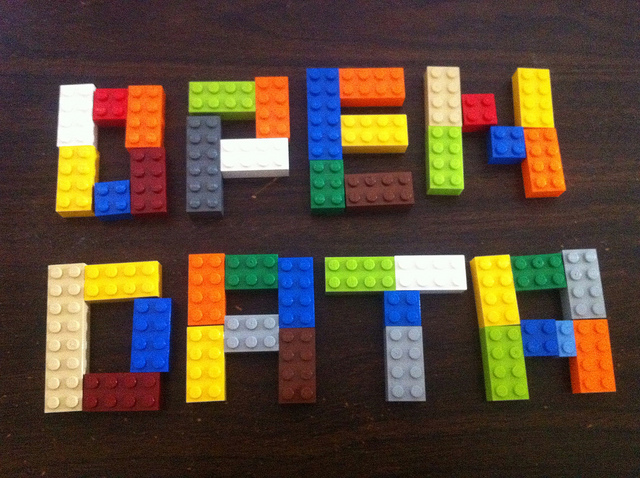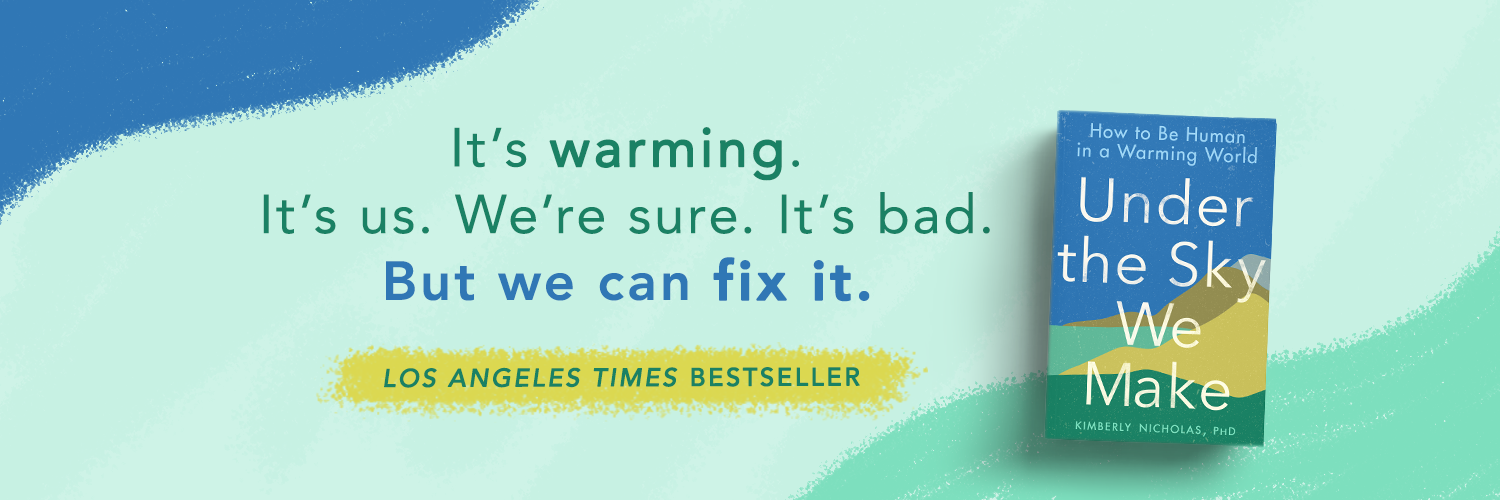|
Science should be open. Duh.
Easier said than done. There are many reasons why this fails. Personally, I think mostly it's well-intentioned, busy people who don't follow best practices from the beginning, then don't want to spend the time cleaning up their Rube Goldberg-esque Excel sheets later. I've definitely been there. But I'm trying to get better, and trying to help those in my lab establish good habits. For my last lab meeting, we discussed best practices in open data, based on this paper by my friend and colleague Lizzie Wolkovich. Everyone in my lab is now working on curating our own data for a current project, including making a diagram of our workflow, and organizing our data cleanly, with good meta-data. This is a work in progress, but here are a few resources I've found helpful: 1. Lizzie's paper, "Advances in global change research require open science by individual researchers," gives a great motivation for why open data matters, what stands in its way, and how to design research to be open. 2. Ten simple tips for how to design a clean spreadsheet, by @robinhouston and @SeanClarke (hint: commas, asterisks, and color-coding don't belong). 3. Thirteen more elaborate but still simple and important tips for effective data management (what you wish you knew at the beginning of your research career, instead of learning the hard way, like always using full, consistent format for dates). 4. Lizzie's "Ze Template" for organizing project meta-data (what the study is about, what files it involves, where they're located), under Creative Commons license. Yay open science, and yay Lizzie! We're going to keep talking about this in my lab, including issues with open data in qualitative research (confidentiality, subjectivity of observations)- if you have any references on this, please let me know! Comments are closed.
|
Categories
All
Archives
November 2023
|
KIM NICHOLAS

 RSS Feed
RSS Feed

